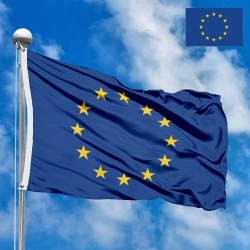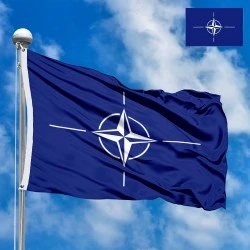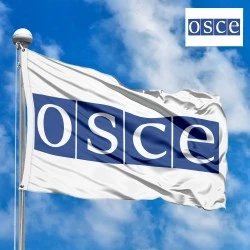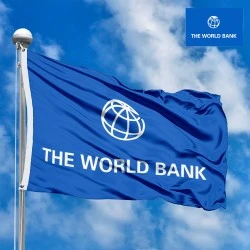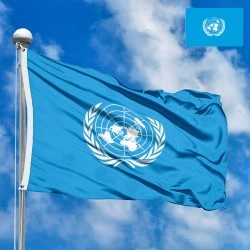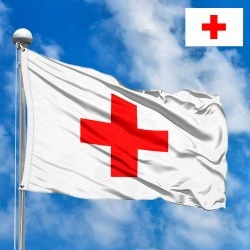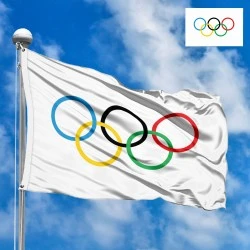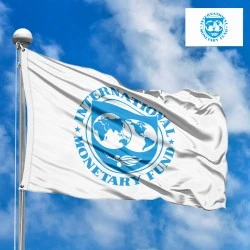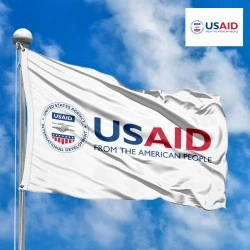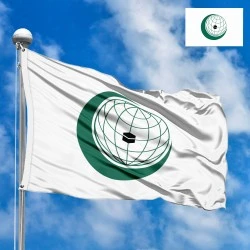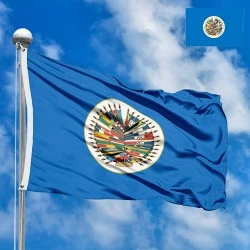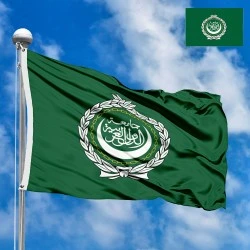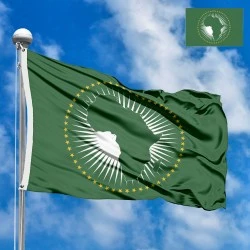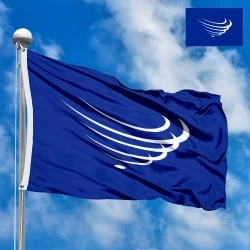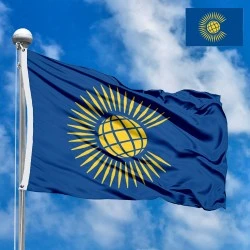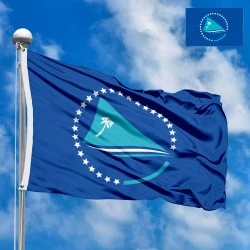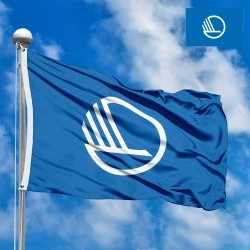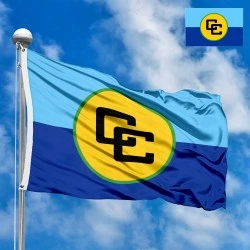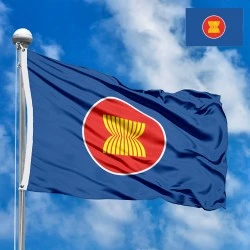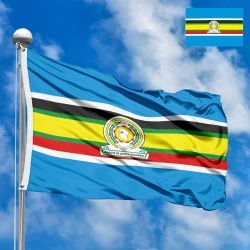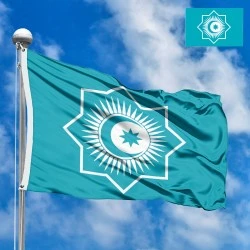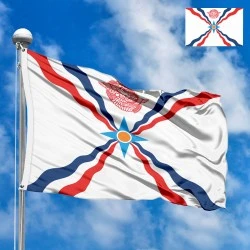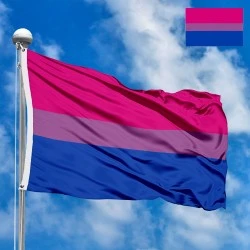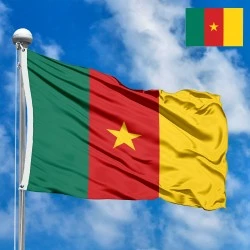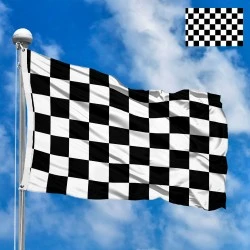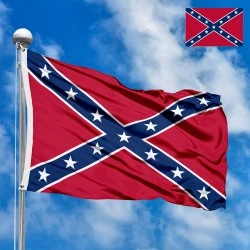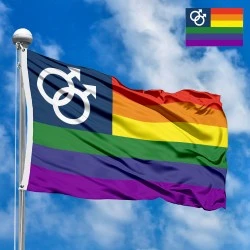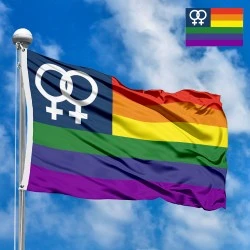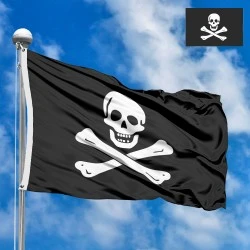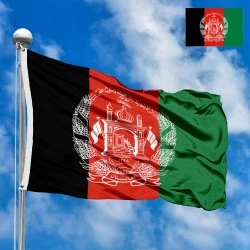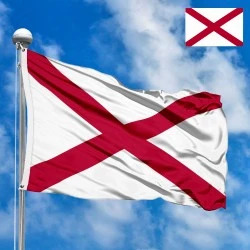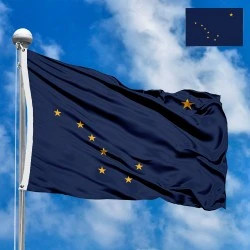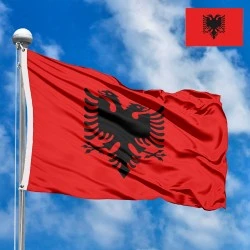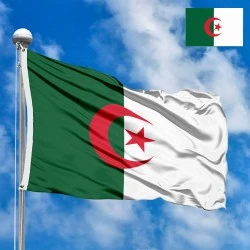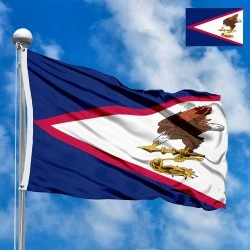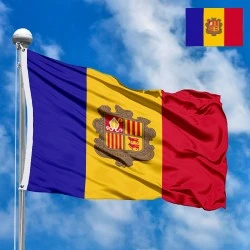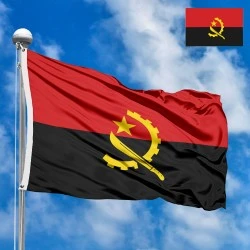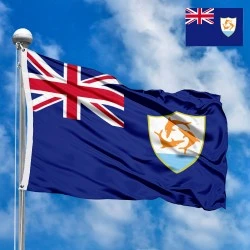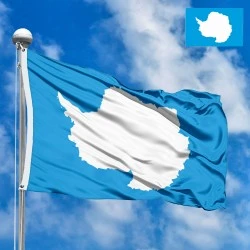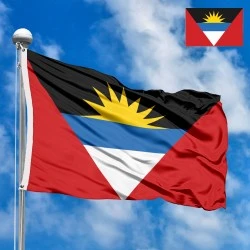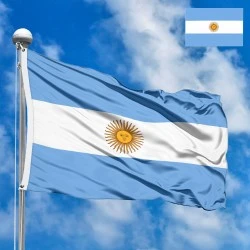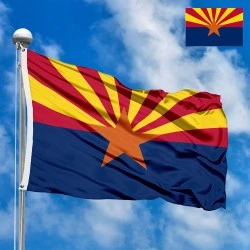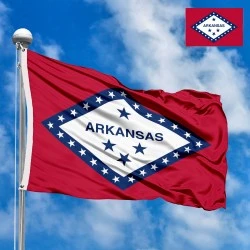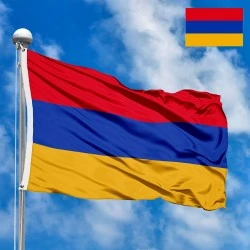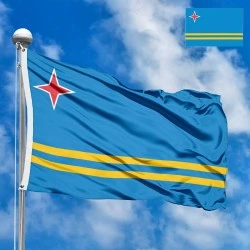Flag of the Council of Europe
- Flag Type: International organizations
- Proportions (official): 2:3
- Official name: Council of Europe
- Capital: Strasbourg, France (Headquarters)
- Currency: Euro (EUR, €)
- Languages: English, French
- National domain: .int
Flag Information
General information
Economy and communications
- All Flags
- Flags of Countries by Continent
-
Flags of Organizations
- Flags of UN countries
- Flags of the European Union countries
- Flags of NATO countries
- Flags of the countries of the Organization of Islamic Cooperation
- Flags of the countries of the Organization of American States
- Flags of the Arab League countries
- Flags of the African Union countries
- Flags of the countries of the Union of South American Nations
- Flags of the Commonwealth of Nations
- Flags of the countries of the Secretariat of the Pacific Community
- Flags of the Nordic Council countries
- Flags of the Caribbean Community
- Flags of the countries of the Association of Southeast Asian Nations
- Flags of the East African Community
- Flags of the countries of the Organization of Turkic States
- LGBT Community Flags
- Historical Flags
- Ethnic Flags
- Flags of the USA (states)
Description
The flag of the Council of Europe, one of the most recognizable symbols of European integration, is a powerful visual representation of the continent's shared values and aspirations. It embodies the unity, solidarity, and commitment to peace that are at the core of this leading human rights organization. Adopted long before the European Union's formation, this flag became a symbol of not only political but also cultural rapprochement among European peoples. It carries a profound symbolism that reflects the long history of European cooperation.
Design and Symbolism
The flag of the Council of Europe is a rectangular banner of a rich, dark blue color. At its center is an image that serves as the organization's emblem, consisting of two main elements.
-
12 Golden Stars: In the center of the flag, on the blue field, there is a circle of 12 golden five-pointed stars. They symbolize the ideals of unity, solidarity, and harmony among the peoples of Europe. It is important to note that the number of stars is not related to the number of member states. The number 12 is considered a symbol of perfection, completeness, and wholeness—it is a recurring motif in European culture (for example, 12 months in a year, 12 hours on a clock face, 12 apostles). The circle they form further emphasizes the idea of unity.
-
Stylized Letter "e": Superimposed over the circle of stars, in the center, is a large, white stylized letter "e", which is the official logo of the organization. This letter represents the word "Europe" and highlights that the Council of Europe is one of the oldest and most significant institutions working for the benefit of the entire continent.
Dimensions and Proportions
The flag of the Council of Europe has standard proportions of 2:3. The logo with the circle of stars and the letter "e" is positioned precisely in the center, occupying a significant portion of the banner, which makes it highly visible from a distance. The flag's dimensions can vary depending on its use—from small desk flags to large outdoor flags for official ceremonies.
History of Creation and Adoption
The Council of Europe was founded in 1949 in London to promote democracy, human rights, and the rule of law in Europe. The idea of creating a single European flag emerged soon after. In the 1950s, a special committee was formed, which reviewed over a hundred design proposals. Ultimately, in 1955, the Committee of Ministers of the Council of Europe officially adopted the flag with the 12 golden stars on a blue background.
The flag quickly became a symbol of European identity. In 1986, the European Economic Community (the predecessor to the European Union) adopted the same flag as its official symbol. Thus, the flag became common to both organizations, but its origin and initial adoption are closely linked to the Council of Europe.
Countries and Regions
The Council of Europe brings together 46 member states, stretching from Iceland in the west to Azerbaijan in the east, and from Norway in the north to Turkey in the south. Its jurisdiction extends across the whole of Europe, with the exception of Belarus and Russia, whose memberships have been suspended or terminated. This broad geographical membership makes the organization the largest human rights body on the continent, working with a vast diversity of cultures and political systems.
Interesting Facts
-
Many people mistakenly confuse the flag of the Council of Europe with the flag of the European Union. However, the flag was created and adopted by the Council of Europe long before the EU adopted it.
-
The idea of the 12 stars was inspired, in part, by religious symbolism, such as the image of the Virgin Mary with a crown of 12 stars, which also symbolizes perfection and completeness.
-
The European Court of Human Rights (ECHR), which is one of the key institutions of the Council of Europe, also uses this flag.
-
The flag is flown at all Council of Europe buildings, as well as at international meetings where the organization is present. Its presence alongside the national flags of member states underscores those nations' commitment to shared European values.
In the demonstration images, full-size flags are shown with proportions of 2:3, and hand-held flags with proportions of 1:2.
Donation
Download
Completely free for commercial and non-commercial use (public domain).
You can freely use them in your news magazines, websites, software, mobile applications.
We appreciate a backlink to https://flagssite.com
Raster files - Flag of the Council of Europe (PNG, JPG)
 Waving flag
Waving flag
- PNG format (transparent background), 72dpi, dimensions in Pixels (px), aspect ratio 3:4.
- 15х20 px
- 30х40 px
- 60х80 px
- 120x160 px
- 240x320 px
 Sizes:
Sizes:
"v15" - image size (by height); if necessary, replace with available: v15, v30, v60, v120, v240.
!!! For resizing, use the Latin (eng) keyboard layout.
<img src="https://flagssite.com/flags/v15/20811.png" alt="Flag of the Council of Europe">
 Round flag
Round flag
- PNG format (transparent background), 72dpi, dimensions in Pixels (px), aspect ratio 1:1.
"d15" - image size (diameter); if necessary, replace with available: d15, d30, d60, d120, d240.
!!! For resizing, use the Latin (eng) keyboard layout.
<img src="https://flagssite.com/flags/d15/20811.png" alt="Flag of the Council of Europe">
 Rectangular flag 2:3
Rectangular flag 2:3
- JPG format, 72dpi, dimensions in Pixels (px), aspect ratio 2:3.
"h30" - image size (by height); if necessary, replace with available: h15, h30, h60, h120, h240, h360, h480.
!!! For resizing, use the Latin (eng) keyboard layout.
<img src="https://flagssite.com/flags/h30/20811.jpg" alt="Flag of the Council of Europe">


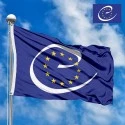
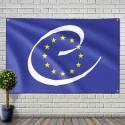
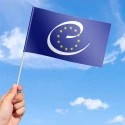

 Sizes:
Sizes:
 Sizes:
Sizes:
